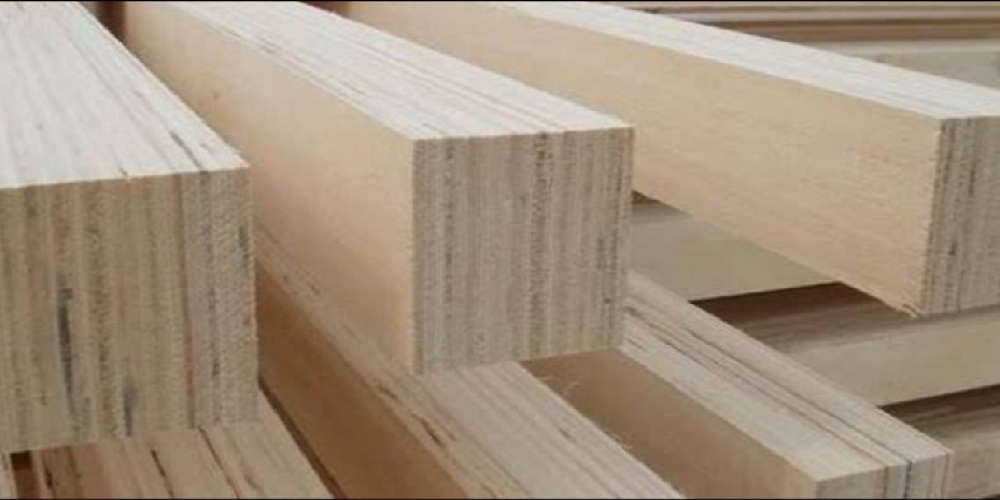An lvl beam is an engineered wood product that offers greater strength and stability than traditional lumber. LVL is an acronym for Laminated Veneer Lumber. These beams are produced by bonding thin layers of wood together with adhesive resins. The result is a product that is stronger and more dimensionally stable than solid lumber. LVL beams are often used in the construction of homes and other structures where they can be used to support heavy loads.
Will LVL burn in a fire?
Most people think that if they were to drop their LVL in a fire, it would simply burn up. However, this is not the case. LVL is made of cross-laminated veneers, which are layers of thin wood that are glued together. This makes LVL more resistant to fire than other types of wood. LVL timber is classified as non-combustible and therefore will not burn in a fire.
Will LVL rot or mold?
Anyone who has ever had to deal with the aftermath of a flood or other water damage knows that one of the most difficult problems to solve is what to do about all the wet materials. In most cases, you can’t simply dry them out and put them back in place. Wood floors, for instance, may warp or develop mold if not treated properly. The same is true of other materials like drywall, insulation, and even some types of paint.
So, what can you do to salvage wet materials? One option is to use LVL beams. They are highly resistant to rot and mold.
What are the benefits of LVL?
Strength of steel
LVL is a strong, engineered wood with the strength of steel. This is a viable substitute for steel in many construction industries. It has an amazing strength to weight ratio, making it idea for making beams and trusses.
Consistent material design
Consistency is an important feature in engineered products like LVL. The standard is measured as the Coefficient of Variation (COV). This measures the degree of consistency in a product. Traditional milled wood has a COV of between 25 to 38%. On the other hand, steel material has a COV of about 7%. The lower the COV, the greater the degree of consistency of the product. With this, LVL has a COV of 9%.
Lightweight
With its remarkable strength, LVL still weighs lighter than hardwood. This makes it safer and easier to work with. Rather than deal with the hazards of working with heavier hardwoods, LVL is a better alternative.
Longer custom lengths
As an engineered wood, LVL can be custom produced with lengths as long as 13.2 meters or longer. Since it can be custom-built, it reduces wastage during construction.
Conclusion
With advent and advances in technology, engineered wood products like LVL have become a viable alternative to other wood types. Since they’re made from cross-laminated veneer, they are highly resistant to fire and can endure high temperatures. They are also resistant to rot and mold, and can survive water damages. The post also highlights some benefits of LVL in comparison to other wood types.













